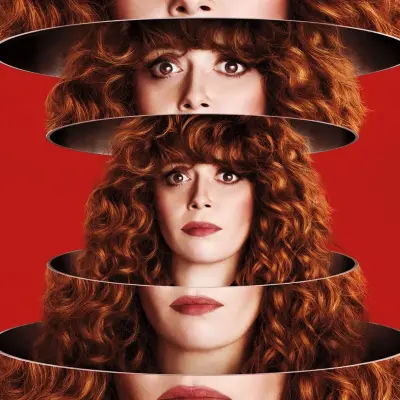Why are puzzle-box mystery TV series all the rage?
-

Shows like Westworld, Russian Doll, True Detective and The Good Place are popular because they "generate infinite take possibilities, while also providing a built-in system for evaluating said takes beyond subjective agreement," says Kellie Herson. "It’s fun to share theories about what has happened and guesses about what will happen next; it revives the social component of television that wilted when appointment television was ruthlessly murdered by the DVR and streaming.Yet while the revival of watercooler culture makes the puzzle box feel like a throwback, our departure from traditional viewing makes the format scalable in a way it wasn’t before. Whether a show airs week-to-week or drops season-by-season, networks increasingly operate from the idea that the binge-watch will be our primary mode of consumption. The assumption that autoplay guarantees at least a few hours of our attention has sparked a glut of shows with weird, bad pacing — but it also justifies packing episodes with intricate detail and narrative complexity that actually goes somewhere. Committing to that approach is an effective strategy for standing out from the millions of other hours of TV available to audiences at any given moment."
TOPICS: Russian Doll, The Good Place, True Detective, Westworld, Peak TV
